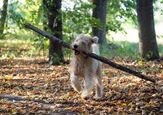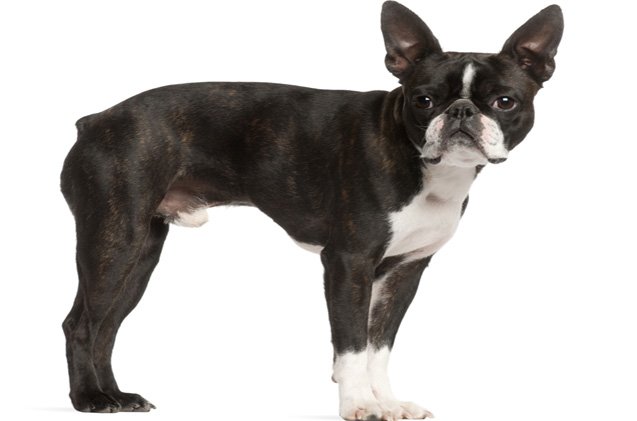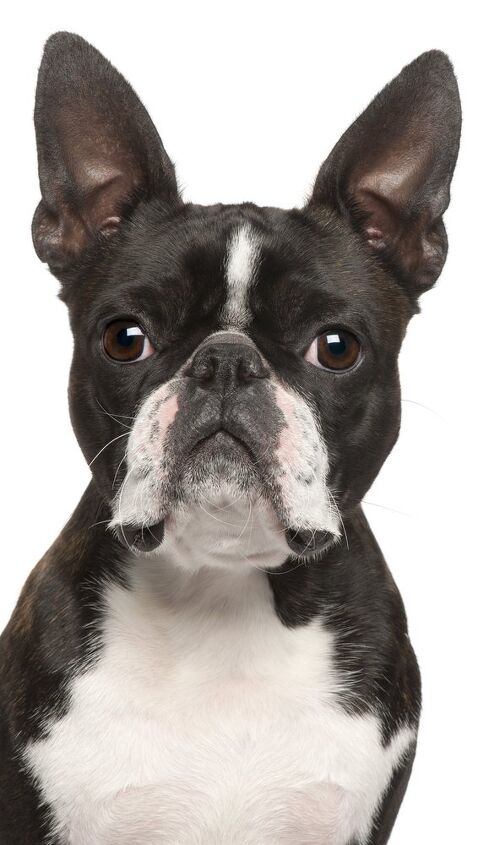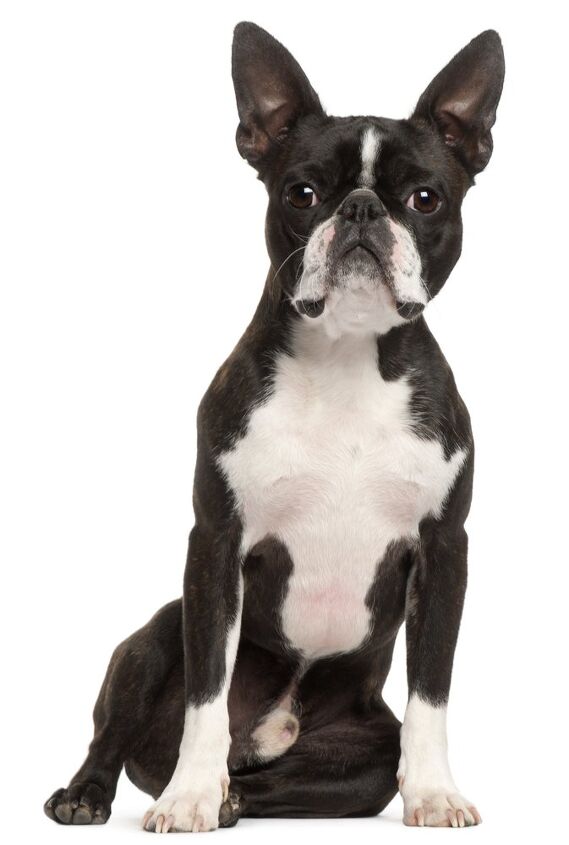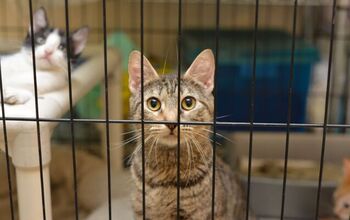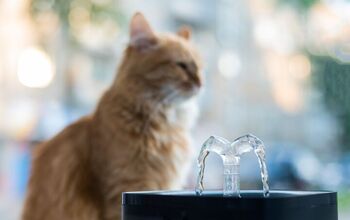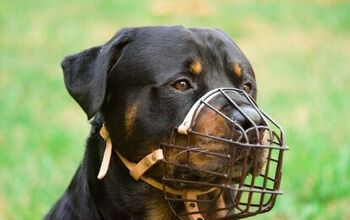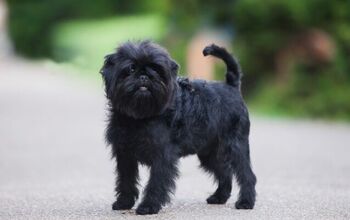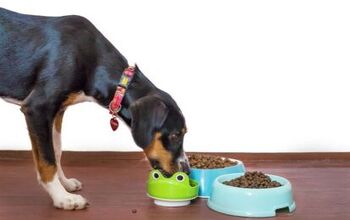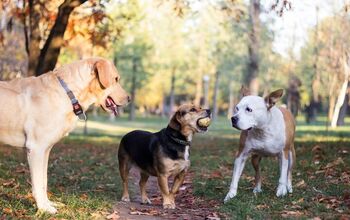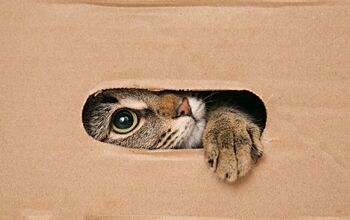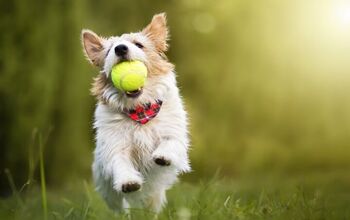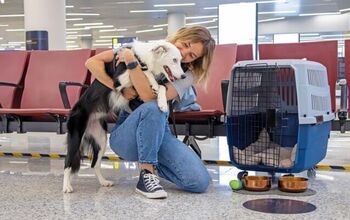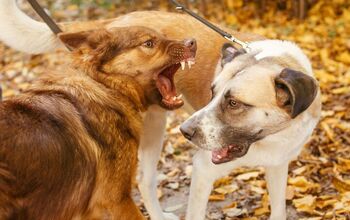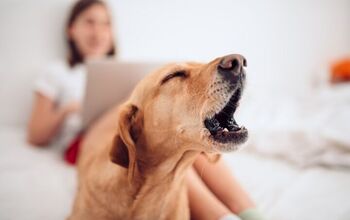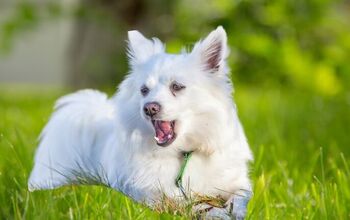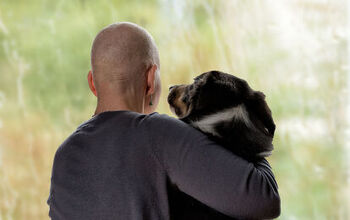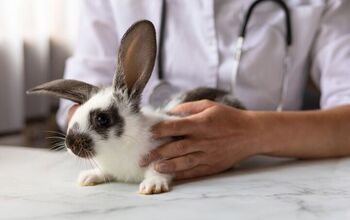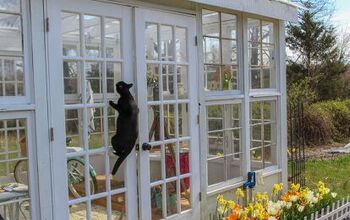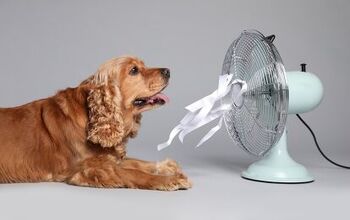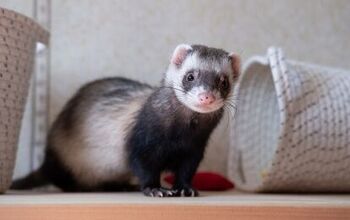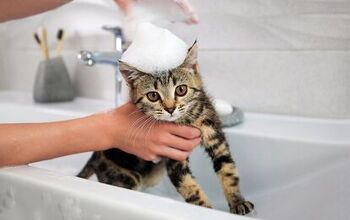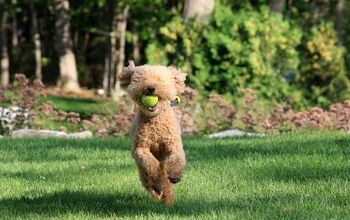Boston Terrier


About Boston Terrier
As you might judge from its name, the Boston Terrier is a uniquely American breed of dog. Small and resembling a tiny Bulldog, a Boston Terrier technically belongs to the non-sporting group as opposed to the Terrier group. Many people find Boston Terriers to be excellent companions and in many cases, well-suited for city and domestic life.
Known as the “American Gentleman,” it was formally recognized by the American Kennel Club in 1893. Today, the Boston Terrier is as famous a breed as any and is popular enough to be the pet in a number of families’ homes all across America.
But what exactly separates a Boston Terrier from other non-sporting dogs, and is this the kind of dog that you’d ultimately like to see in your own house? To explore these questions, let’s take a look at the history and dimensions that go into making the American Gentleman into what it is today.
Many people find Boston Terriers to be excellent companions and in many cases, well-suited for city and domestic life.
Unlike many older breeds, the Boston Terrier has a well-recorded history. A man named Robert C. Hooper, of Boston, purchased a dog that came from a Bulldog/Terrier mixture of ancestry. This dog, known as “Hooper’s Judge,” eventually had offspring that would breed with French bulldogs, giving rise to a new type of terrier – one that naturally has the appearance of a bulldog without quite exactly resembling an English Bulldog.
At first, this new breed was known as the Bull Terrier, but eventually the name was changed to Boston Terrier. This is thanks to a change in the name of the Bull Terrier Club to the Boston Terrier Club. A new breed was born and it became recognized in 1893. This is the first U.S. breed to be recognized. Today, Boston University’s mascot is a Boston Terrier named Rhett.
Although a non-sporting dog by breed, the Boston Terrier owes a lot of its appearance to the French and possibly English Bulldog – and this is apparent simply when you take a good look at a Boston Terrier. Considered highly intelligent, the Boston Terrier has many of the positive qualities of the Bulldog perhaps without the chip on its shoulder.
The Bulldog/Terrier mix that bred to make Hooper’s Judge has come to be known as a terrier in its own right.
Boston Terriers are smaller and slimmer than Bulldogs and obviously require a proportionately smaller diet. They can feed on the foods many dogs enjoy such as meat and vegetables. Pet owners should always stay away from processed foods as well as certain foods like chocolate when feeding dogs.
As Boston Terriers are not particularly sporty dogs, they might not be as responsive to intensive training as a German Shepherd might be. But Boston Terriers are perfectly capable of being trained as part of a healthy, balanced life within the confines of a family and can certainly stand to be around strangers, which makes them good dogs for apartments and other city dwellings.
The Boston Terrier owes a lot of its appearance to the French and possibly English Bulldog.
Weighing only around 10 to 25 pounds, a Boston Terrier should not get large at all. It’s easy to over feed Boston Terriers, particularly if you’re not letting them get a sufficient amount of exercise. Although Boston Terriers are small dogs, they are not immune to joint and hip problems, particularly as they have such small legs.
Friendly and strong, Boston Terriers can make excellent domestic pets. You might catch an occasional whiff of its more stubborn Bulldog background, but generally Boston Terriers can be a delight to work with and make excellent lapdogs. If you’re an effective trainer, you’ll find the Boston Terrier to be a confident, friendly dog that is eager to please.
Since Boston Terriers are better categorized as companion dogs than sporting dogs, they can generally be comfortable around a big group of people and often don’t mind being paired with each other.
Boston Terriers typically receive high marks for their ability to interact with children, the elderly, and strangers. Their gentle but outgoing disposition can make them entertaining companions if you’ve never run into a Boston Terrier before.
Boston Terriers are susceptible to a number of problems like cataracts, cherry eye, and deafness. Heart murmur is another problem to watch for in Boston Terriers, so be sure that you give your dog regular checkups at your local veterinarian.
Like other “short-snouted” breeds like Shih Tzu and Pugs, Boston Terriers can be susceptible to problems caused by its head and face shape. Less serious problems could include reverse sneeze.
Boston Terriers generally enjoy longer lives, often in excess of 15 years.
As non-sporting dogs, Boston Terriers do not have a particular need for anything more than daily walks, but it’s never a bad idea to give your Boston Terrier a challenge every once in a while. You want to keep your Boston Terrier at a proper weight, and since they’re so small, it can be easy for them to become sedentary and put on some extra pounds. As long as you feed your Boston Terrier right and give it regular exercise it should maintain a healthy weight.
Friendly and strong, Boston Terriers can make excellent domestic pets.
The American Kennel Club, which first recognized Boston Terriers in 1893, describes them as: “Truly an ‘All-American’ dog, the Boston Terrier is a lively and highly intelligent breed with an excellent disposition. Conveying an impression of determination, strength and activity, he is short-headed and compactly built, and must be black, brindle or seal with white markings.”
Like Bulldogs, Boston Terriers have short coats that don’t require a lot of maintenance. The coat markings on a Boston Terrier considered a requirement at dog shows.
Boston Terrier puppies can be quite tiny and delicate, so it will require a good adjustment before they’ll be properly socialized around children. Typically a Boston Terrier (as well as other small dogs) will spend a good amount of time being raised with its mother and siblings before it’s ready to be accepted into a part of a family.
Photo credit: Eric Isselee/Shutterstock

Amy Tokic, Editor of PetGuide.com, is a passionate animal lover and proud pet parent of Oscar, a Shih Tzu/Chihuahua cross, and Zed, a Japanese Chin. Her love of animals began in kindergarten, when she brought her stuffed dog Snoopy into class with her every day. Now, she writes about her adventures in pet ownership and tirelessly researches products, news and health related issues she can share with other animal enthusiasts. In her free time, Amy loves perusing used book and record stores, obsessing over the latest pet products available and chasing squirrels with wild abandon (a habit attributed to spending too much time with her pooches).
More by Amy Tokic
